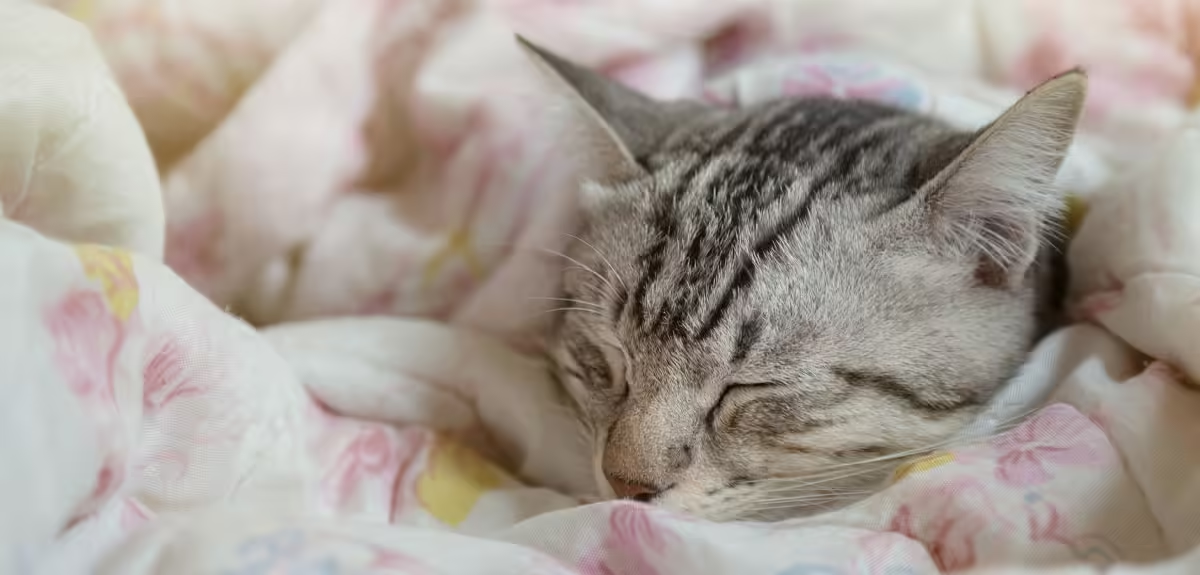Is Your Feline Friend Feeling Blue? Unveiling the Signs and Causes of Depression in Cats
Have you ever wondered if your cat might be depressed? As a cat owner, it’s crucial to recognize the signs of depression in cats to ensure your furry friend’s well-being. In this article, we’ll explore the telltale signs of feline depression, its potential causes, and how you can help your kitty bounce back to their happy, purring self.
The Silent Struggle: Recognizing Depression in Cats
Cats are masters of hiding their emotions, but depression can manifest in various ways. Here are some key signs to watch out for:
1. The Couch Potato Syndrome
Is your once-playful kitty suddenly glued to the couch? Lethargy and disinterest in favorite activities are common signs of depression in cats. If your feline friend is sleeping more than usual or showing a lack of enthusiasm for playtime, it might be time to investigate further.
2. Grooming Gone Awry
Cats are typically fastidious groomers, but depression can throw a wrench in their beauty routine. Keep an eye out for:
- Unkempt, matted fur
- Excessive grooming leading to bald spots
- Complete lack of grooming
3. Litter Box Blues
Changes in litter box habits can be a red flag for depression. If your cat starts urinating outside the box or shows reluctance to use it, it could be a cry for help. However, always rule out medical issues first!
4. The Mood Swing Rollercoaster
Depressed cats might become:
- Clingy and demanding of attention
- Aggressive or easily irritated
- Withdrawn and prone to hiding
5. Appetite Alterations
Keep tabs on your cat’s eating habits. Depression can cause:
- Loss of interest in food
- Overeating as a coping mechanism
What’s Got Your Cat Down? Common Causes of Feline Depression
Understanding the root cause of your cat’s depression is crucial for effective treatment. Here are some common culprits:
1. Home Sweet Home… Or Is It?
Environmental changes can be a major source of stress for cats. This includes:
- Moving to a new home
- Rearranging furniture
- Introducing new pets or family members
2. The Invisible Enemy: Illness and Pain
Chronic pain or underlying health issues can lead to depression. Always consult with your vet to rule out medical causes.
3. Goodbye, Old Friend
Cats can experience grief too. The loss of a human or animal companion can trigger depression.
4. Boredom Strikes
A lack of mental and physical stimulation can leave your cat feeling blue. Indoor cats are particularly susceptible to this.
Helping Your Depressed Cat: A Pawsitive Approach
Now that we’ve identified the signs and causes, let’s explore how to help your feline friend overcome depression:
1. The Vet Check: Your First Line of Defense
Always start with a thorough veterinary examination to rule out any underlying health issues.
2. Environmental Enrichment: Spice Up Their Life
Create a stimulating environment for your cat:
- Introduce new toys and rotate them regularly
- Set up climbing structures and scratching posts
- Create cozy hiding spots
3. Quality Time: The Power of Your Presence
Dedicate more one-on-one time with your cat:
- Engage in interactive play sessions
- Offer gentle grooming and massages
- Simply sit quietly together
4. The Natural Approach: Feline Pheromones and Herbs
Consider using natural calming aids:
- Feliway diffusers (synthetic cat pheromones)
- Catnip or valerian root toys
5. Professional Help: When to Seek Expert Advice
If your cat’s depression persists, don’t hesitate to consult a feline behaviorist or consider medication under veterinary guidance.
Conclusion: A Brighter Future for Your Feline Friend
Recognizing the signs of depression in cats is the first step towards helping your furry companion regain their joy for life. By understanding the potential causes and implementing the strategies we’ve discussed, you can play a crucial role in your cat’s mental well-being. Remember, a happy cat means a happy home!
If you suspect your cat might be depressed, don’t wait to take action. Your feline friend relies on you to be their advocate and caregiver. With patience, love, and the right approach, you can help your cat overcome depression and return to their purr-fect self.
FAQs About Depression in Cats
Q: Can cats get seasonal depression?
A: Yes, some cats may experience Seasonal Affective Disorder (SAD), especially during winter months with less sunlight.
Q: How long does cat depression typically last?
A: The duration varies, but with proper care and attention, many cats show improvement within a few weeks to a couple of months.
Q: Can a depressed cat recover on its own?
A: While some cats may bounce back naturally, most benefit from intervention and support from their owners and veterinarians.
Q: Are certain cat breeds more prone to depression?
A: While any cat can experience depression, some breeds known for being more sensitive, like Siamese or Persian cats, may be more susceptible.
Q: Can I give my cat human antidepressants?
A: Never give your cat human medications without veterinary approval. Cats require specially formulated medications prescribed by a veterinarian.
Meta Description:
Discover the signs and causes of depression in cats, and learn how to help your feline friend overcome the blues. Essential tips for cat owners!

